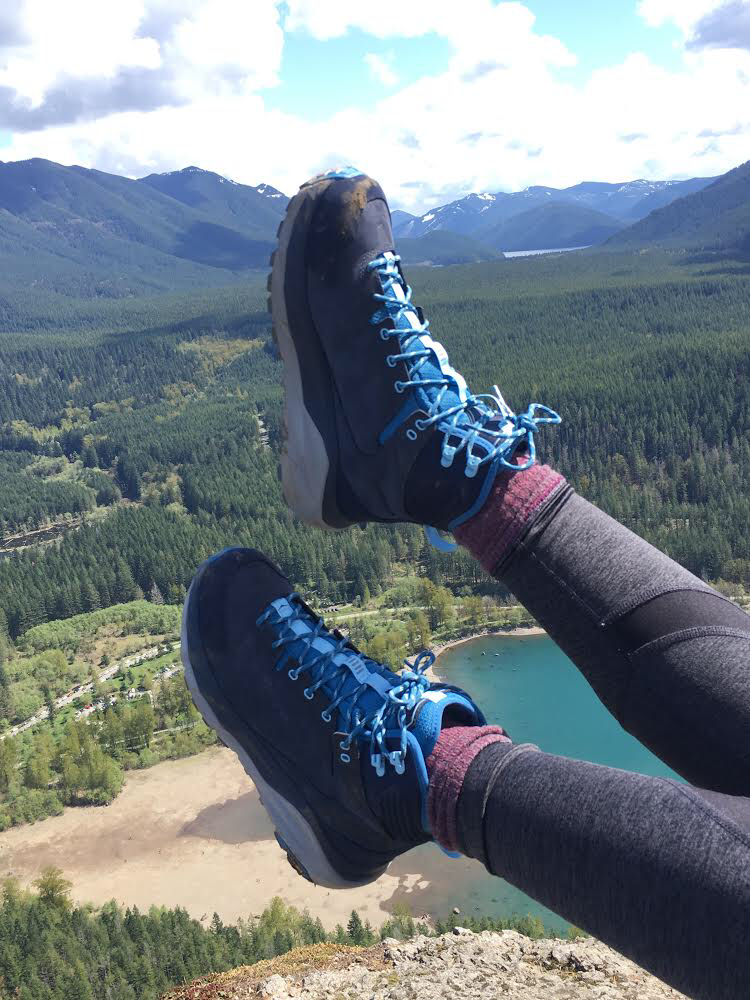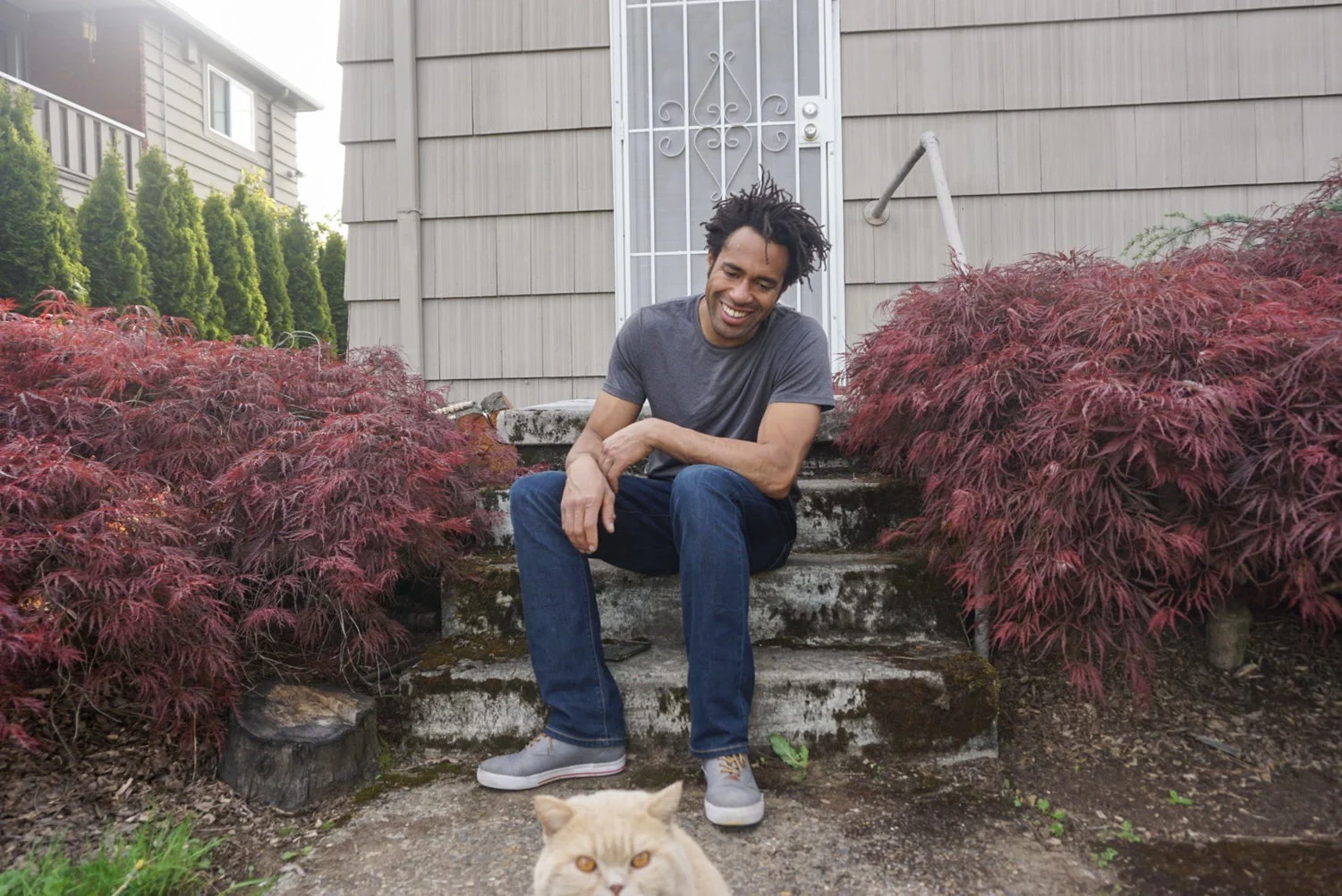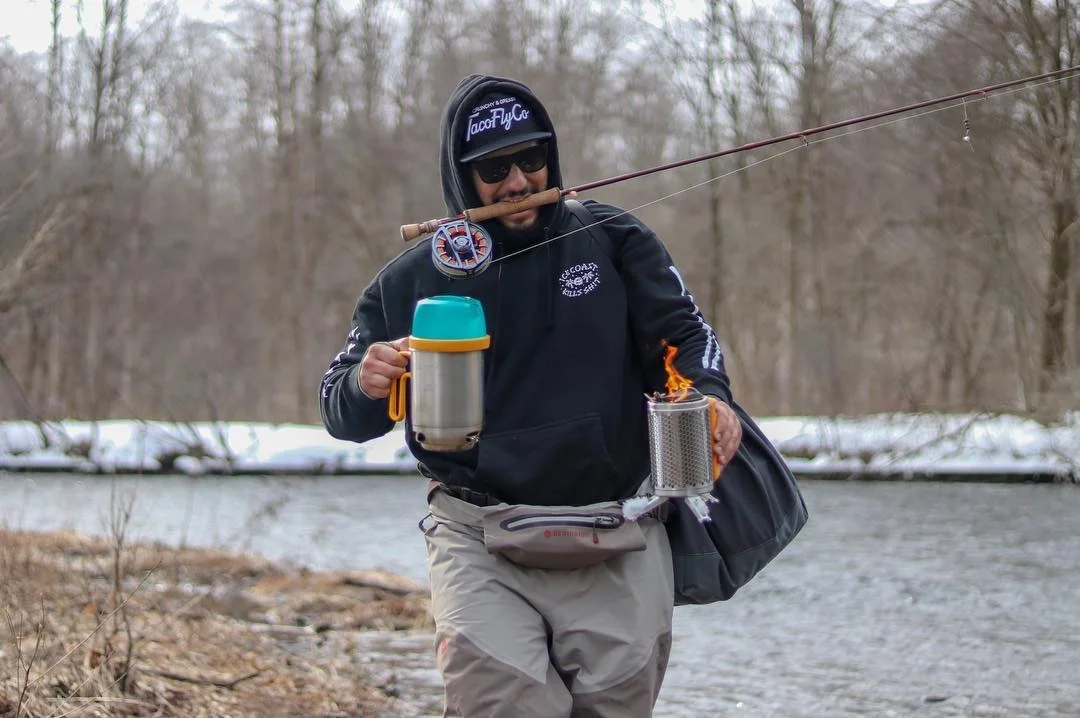Hoka Sky Kaha Hiking Boots
Photo courtesy of Hamziye Aman
I’m an avid hiker. Hiking trails and beautiful alpine lakes are how I fell in love with the Pacific Northwest. They’re also what inspired me to get a degree in environmental science. So I was excited to receive a pair of Sky Kaha ($220) from outdoor footwear brand Hoka One One, free of charge, for testing and review.
First Impressions
The first thing I noticed about the Sky Kaha is that they don’t look or feel like your typical hiking boot! The Sky Kaha are built to maximize stability and comfort. These are the opposite of minimalist trail runners. The Sky Kaha have plenty of cushioning to keep you hiking longer and with less pain and discomfort. They’re also surprisingly lightweight, comfortable right out-of-the-box and stylish! Maximalist shoes are undeniably trending but these are NOT fast fashion—they are built to last! Your feet will thank you. Believe me.
Specifications
Vibram® Megagrip hi-traction outsole
Special one-of-a-kind proprietary foam
Waterproof leather
Rubber midsole
Photo courtesy of Hamziye Aman
New to this Brand?
Hoka One One was founded in 2009 by French trail runners. That was during the height of the minimalist running shoe craze. Hoka One One responded by designing maximalist shoes that prioritize lightweight cushioning, stability and comfort over the idea that we should all be running barefoot. Ouch! They bring the same emphasis to the Kaha which is the Māori word for strength and support.
Testing Conditions
Testing conditions were a hike during a beautiful Pacific Northwest spring day at Rattlesnake Ledge in the North Bend area, Duwamish and Puget Sound Salish territory. The trail is four miles long with just over 1,100 ft in elevation gain. Muddy switchbacks lead from Rattlesnake Lake up to a summit. Conditions during the hike were muddy and slippery and damp.
Weight
The women’s shoe weighs in at a surprisingly light 15.03 oz—perfect for the casual hiker and the ultra light backpacker.
Fit
Fit was one of the first things I noticed. The Sky Kaha were comfortable right out-of-the-box. No breaking in was required.
Online, the boots looked like they might run a bit large. The website recommends ordering a size down if you plan on hiking with thin hiking socks. I have wide feet and planned on using thick socks so I ended up ordering a half size up (9.5) instead of my usual size (9). I think I could’ve been okay with a size 9. Overall, the fit runs large and a little wide. The half sizes are definitely a plus.
I also liked the wide aspect because my feet didn’t feel pinched. Sometimes, while hiking in boots with narrow toe boxes and insufficient tread my toes end up feeling cramped and sore—especially as I walk downhill. That didn’t happen with this shoe. The tread, lightweight cushioning and roomy toe box are a winning combination. My feet felt supported during the entire hike.
Photo courtesy of Hamziye Aman
Water Resistance
I tested the waterproof leather upper and rubber midsole by dipping my Sky Kaha at Rattlesnake Lake for a few minutes. My feet stayed nice and dry!
Use
These work well for casual hikers and serious backpackers. I love the fact that they are more stylish than the traditional hiking boot. A lot of hiking shoes are designed to be heavy, with stiff inflexible and uncomfortable uppers. The Sky Kaha are surprisingly lightweight.
Style
It’s not your typical hiking boot. It has a style to it, similar to the chunky sneakers that are currently trending. You can wear the Sky Kaha on and off the mountain. You don’t have to wear them strictly for hiking. I personally will incorporate them as part of my everyday casual wear and get the most out of them.
Disadvantages
If you’re not a fan of maximalist shoes, the Sky Kaha will definitely not be for you. The steep price tag ($220) is also a turn-off for folks who want to update their hiking boots at a lower price point. It also comes in only two color configurations: a frost gray/aqua haze and a black iris/blue sapphire. That makes it hard to compete with the range of pinks and warm earth tones for women’s hiking boots from competitors like Keen, Vasque and Merrell.
Charitable Giving
Hoka One One is a subsidiary of Decker Brands, located in Goleta, California. Decker Brands donated $1,123,000 to 176 nonprofit organizations in fiscal year 2018.
Photo courtesy of Hamziye Aman














The BioLite HeadLamp 330 is a powerful and lightweight wearable flashlight; combined with the BioLite light diffusing stuff sack, you’ll be fully prepared for your first or 1,000th night outdoors.